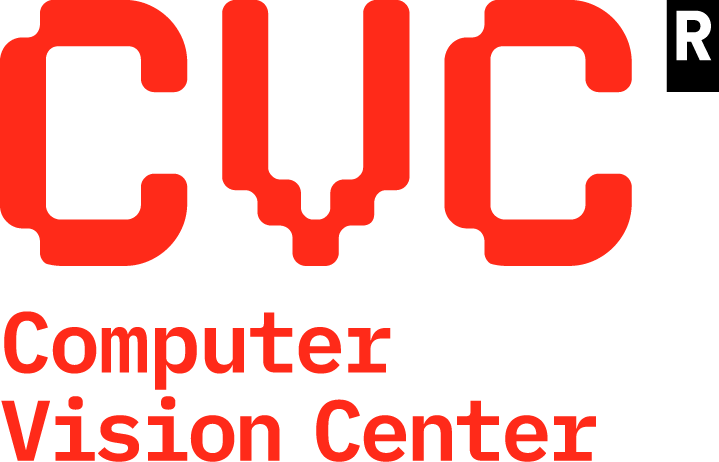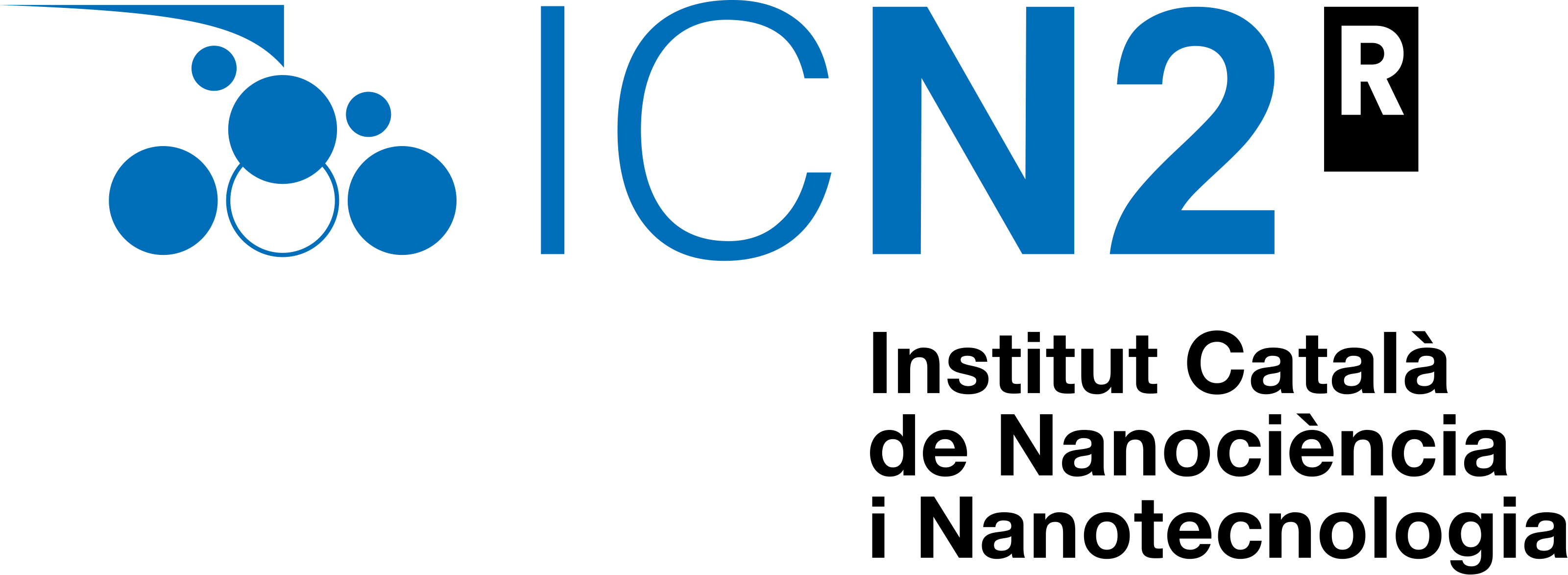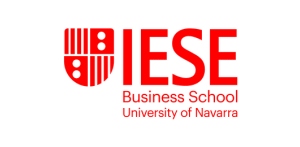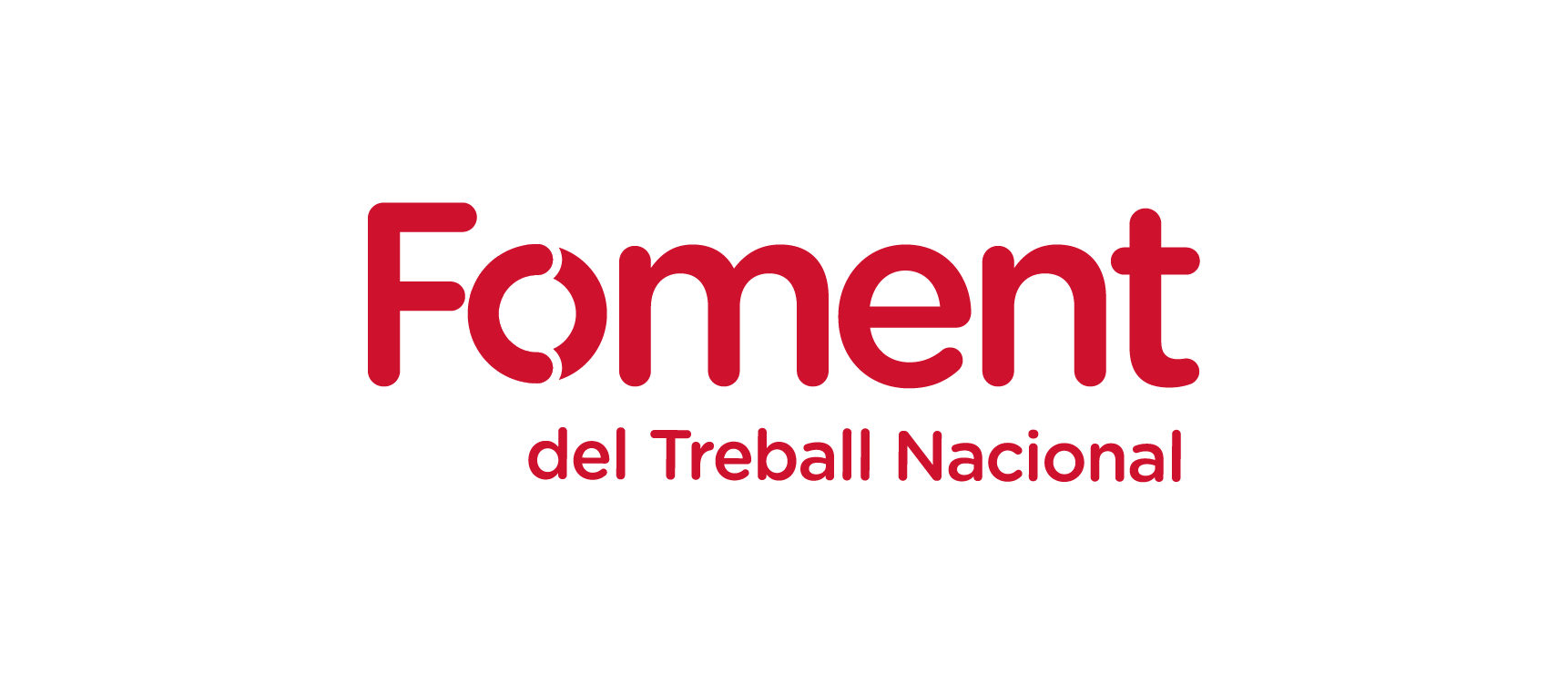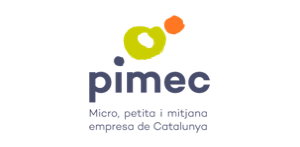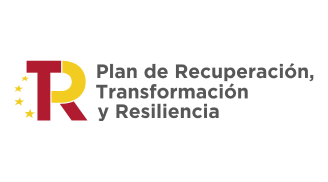Postgraduate Microcredential in Data Science for Mobility and Transportation
- Smart connectivity
- Wednesday, 22 January 2025 - Friday, 20 June 2025 Wednesdays, from 5.30 pm to 8.30 pm and Fridays, from 5.30 pm to 8.30 pm
- 300€ (Financed by the Ministry of Transport and Sustainable Mobility in the framework of the Next Generation EU Recovery Plan. See the whole offer)

Transport and mobility are fundamental to the sustainability objectives promoted by the United Nations and the European Union. The digitization of the processes involved in the planning and management of transport and mobility are one of the levers for the efficient transformation of one of the sectors that contributes most to the generation of greenhouse gases.
Transport and mobility need to have multidisciplinary professionals capable of using, processing, managing and exploiting data sources, complementing traditional practice in the transport and mobility sector with the new opportunities that data science offers.
The new forms of transportation: car-sharing, car-pooling and Mobility as a Service (MaaS) require professionals competent in the treatment of a great diversity and quantity of data.
This course is a complement for professionals working in the sector and an opportunity for recent graduates to understand the processes and characteristics of smart cities oriented to have knowledge in fundamentals of data science and computer science to be able to interpret, select, evaluate and apply new concepts and mathematical, analytical, scientific, technological developments related to mobility and transportation.
Participants in this study must be citizens of a member state of the European Union or of another state party to the Agreement on the European Economic Area and Switzerland, or have authorization to stay or reside in Spanish territory.
For more information on the EU’s political priorities, please visit the following link: EU political priorities.
Objectiu de l'acte
- To be able to carry out development and innovation in the field of intelligent mobility, as well as to lead the development of mobility and logistics solutions in new or unfamiliar environments, linking creativity, innovation and technology transfer.
- To be able to assimilate and adapt to the evolution of technology in the field of professional development of Transport and Mobility in the framework of sustainability.
- Have a working knowledge of the tools to be used to make the satisfaction of mobility needs consistent with the objectives of sustainable development.
- To be able to prepare studies and technical consultancy reports related to information and communication technologies, transport and mobility.
- To know the basic concepts of relational databases and the tools for managing and carrying out queries.
- To know the basic concepts of non-relational databases and the tools for managing and performing queries.
- To understand the type of data available in the transportation and mobility sector. Characteristics of big data and the usefulness of open data in the field of transportation.
- Use commercial tools for transport planning (VISUM).
- Use tools for data analysis (RStudio).
- To be able to develop scripts in leading data science languages (R, Python) suitable for solving practical cases, including the exploratory univariate and multivariate analysis of data sets.
- Know and understand the processes for mobility planning and management in smart cities.
- Know and use tools for loading, visualizing, transforming and analyzing spatial data.
- Know and explore recent applications of data science in mobility and transportation management in the city.
T'interessa si ets...
Undergraduate students or graduates of technical and/or scientific careers and The participants of the subsidized training actions must be citizens of a Member State of the European Union or of another State party to the Agreement on the European Economic Area and Switzerland or have authorization to stay or reside in Spanish territory.
-
Knowledge of programming in a language such as C, Fortran or Java is required, as well as knowledge of SQL and basic database concepts. Basic knowledge of a statistical package, knowledge of linear algebra (operations with matrices and vectors) and written comprehension of texts in technical English related to the field of statistics and operations research are recommended. Students should bring a laptop computer to the sessions.







